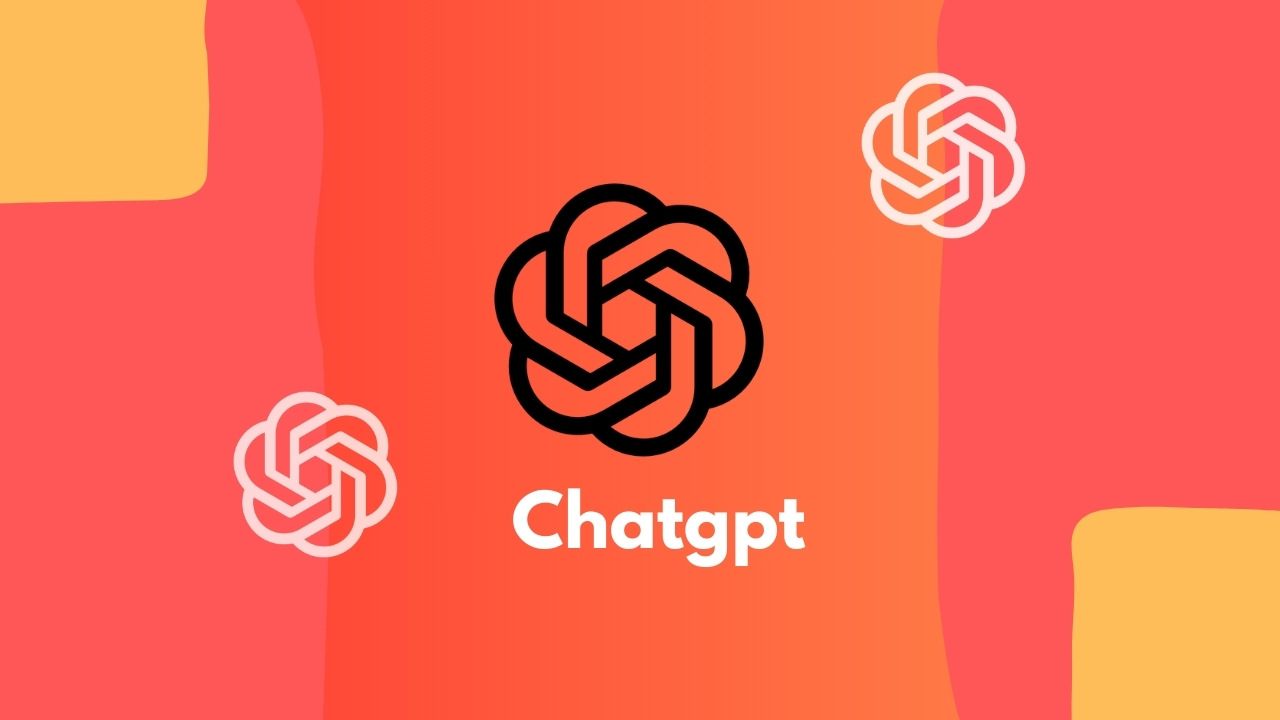OpenAI has officially rolled out a major upgrade to ChatGPT that brings a powerful new capability to the AI assistant — long-term memory. This enhancement allows ChatGPT to remember past conversations and context, even if users did not specifically ask it to save those interactions. With this, OpenAI aims to create a more intelligent, personalized experience that evolves with each user over time.
What Is ChatGPT’s Long-Term Memory Feature?
The newly introduced ChatGPT memory update is a game-changer in how users interact with the AI. Previously, ChatGPT could retain only limited data — such as user-provided customizations and recent prompts. Now, with this long-term memory enhancement, it can intelligently reference details from earlier conversations to deliver more relevant and personalized responses.
OpenAI CEO Sam Altman confirmed on social platform X that ChatGPT can now “reference all your past conversations,” and added that this aligns with OpenAI’s goal to build AI systems that understand users over a lifetime. The system achieves this by storing both “saved memories” that users allow, and “reference chat history,” which the AI passively gathers to improve contextual responses.
This marks a significant step forward in AI personalization, and places ChatGPT on par with competitors like Google’s Gemini, which introduced a similar feature earlier this year. With this update, users will experience AI that not only answers queries but also understands preferences, styles, and past interactions.
Who Gets Access to This Update?
The memory update is currently being rolled out to users subscribed to ChatGPT’s $200/month Pro plan. OpenAI states that it will soon be available for Plus subscribers who pay $20 per month, as well as Team, Enterprise, and Edu users in the coming weeks. However, the company has not announced when — or if — free-tier users will receive access to this feature.
Due to regional AI regulations, this feature is currently unavailable in countries including the EU, UK, Switzerland, Norway, Iceland, and Liechtenstein. OpenAI’s prior opposition to strict data usage laws in these regions may explain the delay or restriction in rollout.
As a flexible option, OpenAI has designed memory to be optional. Users who prefer privacy or are concerned about data storage can disable it anytime through the personalization settings. Alternatively, they can use the “Temporary Chat” mode, which bypasses the memory feature entirely and ensures no data is saved.
How Does It Benefit Users?
This ChatGPT memory update is not just about remembering previous chats. It is about creating a deeply personalized assistant that improves with use. Whether you are a writer, developer, business analyst, or student, ChatGPT can now tailor responses based on your past queries, preferred formats, and frequently asked topics.
Examples of memory in action include remembering your name, favorite writing style, business goals, or preferred coding language. Over time, this leads to faster, more accurate, and user-friendly interactions, giving ChatGPT the feel of a real, context-aware assistant.
Compared to earlier sessions where users had to repeat instructions or re-explain context, the new memory model reduces friction and enhances efficiency. It is another leap forward in making AI more accessible, intuitive, and life-integrated — aligning perfectly with OpenAI’s vision.
How to Manage Your ChatGPT Memory Settings
If you wish to manage or restrict ChatGPT’s memory, OpenAI provides a straightforward interface under Settings → Personalization → Memory. You can:
- View what ChatGPT remembers about you
- Edit specific memories or context
- Delete all saved memories
- Disable memory entirely
This transparency gives users full control over their data and aligns with OpenAI’s effort to be more accountable in how AI handles user information. You can also start a “temporary chat” at any time for a one-off session that does not rely on or modify stored memory.
With this balance of functionality and privacy, OpenAI sets a new bar in the world of personalized AI assistants.
FAQs: ChatGPT’s Memory Feature
Can I Turn Off ChatGPT’s Memory?
Yes. Users can disable memory entirely from the ChatGPT settings. This stops the assistant from saving or referencing any personal details from past conversations.
What’s the Difference Between “Saved Memory” and “Reference History”?
“Saved memory” includes information ChatGPT explicitly stores, such as your name or preferences. “Reference history” involves subtle insights from past chats used to improve future answers, without showing up in the memory list.
Why Is It Not Available in the EU and UK?
Strict AI data regulations in these regions likely conflict with how ChatGPT stores and processes personal memory. OpenAI has opted to delay or exclude these markets for now.
Does This Affect ChatGPT Free Users?
Currently, only paid plans (Pro, Plus, Team, Enterprise, Edu) are receiving this update. There is no confirmed timeline for free users to get access to memory functionality.
Is My Data Safe?
OpenAI emphasizes that users have full control. You can see what is remembered, delete specific entries, or turn off memory at any time. Nothing is saved without your knowledge.
With the rollout of this groundbreaking ChatGPT long-term memory feature, OpenAI has set a new standard in conversational AI. It is not just a chatbot anymore — it is your personalized AI companion, ready to grow with you.






















